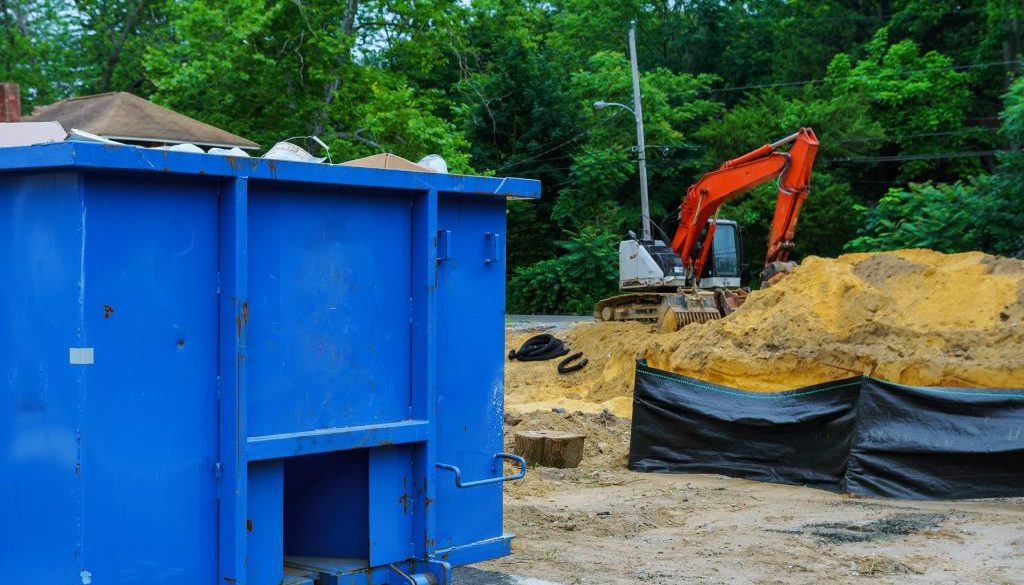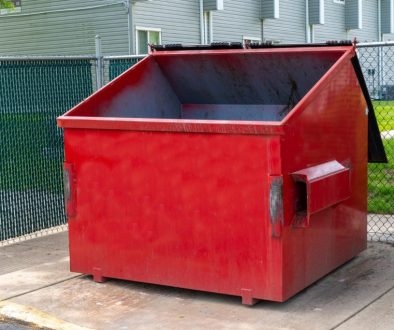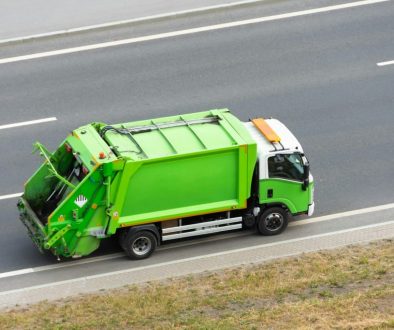Efficient waste management is rapidly becoming a priority in the construction industry, driven by increasing environmental concerns and stringent regulations governing waste disposal practices. Site Waste Management Plans (SWMPs) have emerged as a valuable tool for construction professionals to improve on-site waste management and recycling practices, contributing to more sustainable construction projects. In this article, we will delve into the importance of SWMPs, discussing their numerous benefits and essential best practices that construction professionals can adopt to implement an effective and comprehensive waste management plan.
As a family-run skip hire and aggregate company servicing Staffordshire, we are dedicated to promoting eco-friendly and responsible waste management practices in the construction industry. We understand the significant role SWMPs play in ensuring the proper management, recycling, and disposal of construction waste. Thus, we offer our expertise and services to help our clients establish effective waste management plans in line with current regulatory requirements.
SWMPs are strategic documents that outline various waste management and recycling processes for a construction project, addressing factors such as waste segregation, disposal methods, and recycling opportunities. By formulating a detailed SWMP, construction professionals can ensure that their waste management practices align with both environmental guidelines and the project’s sustainability objectives. Additionally, regular monitoring and reporting of the SWMP can help to identify and address any waste management issues during the project lifecycle and demonstrate compliance with waste disposal regulations.
The Growing Trend of Site Waste Management Plans (SWMPs) in Construction
1. Benefits of Implementing a SWMP
Incorporating a Site Waste Management Plan (SWMP) into your construction project brings numerous benefits. These include:
– Cost savings: Efficient waste management and recycling practices can reduce the cost of waste disposal, resulting in significant savings for the project over time.
– Enhanced sustainability: Strategies for recycling and reusing waste materials contribute to more sustainable construction and reduce the project’s environmental footprint.
– Regulatory compliance: Implementing an SWMP helps ensure the construction project complies with waste disposal regulations, avoiding potential fines and sanctions.
– Improved reputation and community relations: Demonstrating an active commitment to responsible waste management and recycling practices can enhance your reputation as an environmentally-conscious builder and foster better community relations.
2. Creating an Effective SWMP
To develop a comprehensive and successful SWMP, consider the following best practices:
– Assess waste streams: Begin by identifying the types and quantities of waste materials likely to be generated during the construction project. This assessment will form the foundation for waste segregation, recycling, and disposal strategies.
– Set waste management objectives: Establish clear objectives for waste reduction, recycling, and disposal, including quantitative targets where possible. This will help create a framework for measuring and reporting on the SWMP’s success.
– Develop waste handling and segregation procedures: Outline specific procedures for separating waste materials on-site based on their disposal or recycling methods. This segregation can be facilitated through the use of clearly labelled skips for different types of waste.
– Identify recycling and disposal methods: Investigate various recycling and disposal options for each waste stream, prioritising environmentally-friendly solutions.
– Staff training and accountability: Ensure that staff members understand their responsibilities concerning waste management and recycling and provide training if necessary. Assign a team member to oversee the SWMP’s implementation and ongoing monitoring.
– Monitor and update the SWMP: Regularly review the effectiveness of the SWMP and adjust it as needed to reflect changes in the project or emerging waste management best practices.
3. Monitoring and Reporting on SWMP Performance
Consistent monitoring and reporting on your SWMP’s performance are essential to its success. Key steps to consider include:
– Regular site inspections: Conduct routine site inspections to assess the adherence to waste management and segregation procedures.
– Waste tracking: Record the amount, type, and final destination of waste materials generated and note any deviations from the SWMP targets.
– Reporting and review meetings: Organise regular meetings with team members to discuss the SWMP’s performance and explore areas for improvement, ensuring everyone remains well-informed and committed to the plan.
– Update stakeholders: Provide regular reports to stakeholders, including clients and regulators, on the SWMP’s progress and any modifications to the plan. This transparency can help maintain confidence in the project’s waste management efforts.
4. SWMPs and the Circular Economy in Construction
Embracing circular economy principles can further enhance the effectiveness of your SWMP, promoting greater resource efficiency and sustainability:
– Design for deconstruction: Encourage the design of structures that can be easily deconstructed and their components reused or recycled in future projects, minimising waste generation.
– Reuse materials on-site: Create processes that enable reclaimed materials to be directly reused on-site, reducing the need for additional resources and waste disposal.
– Incorporate recycled or reclaimed materials: Source and utilise recycled or reclaimed materials in the construction process, helping to reduce waste generation and limit the demand for virgin resources.
By integrating circular economy principles into your SWMP, you can foster a more efficient and environmentally friendly construction process.
Conclusion
Site Waste Management Plans (SWMPs) significantly improve waste management and recycling practices in construction projects, offering benefits such as cost savings and enhanced sustainability. By incorporating a SWMP and circular economy principles into your construction project, you can contribute to a more responsible and eco-friendly construction industry.
As a family-run skip hire and aggregate company servicing Staffordshire, Enviro Skip Hire is committed to helping our clients establish effective SWMPs and providing skips that accommodate responsible waste management and recycling practices. If you would like to learn more about our services or discuss your SWMP requirements, please contact us today.




